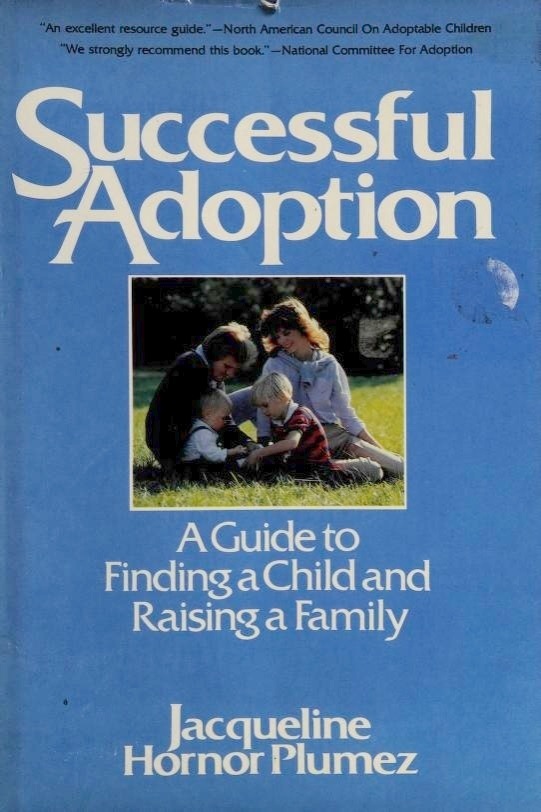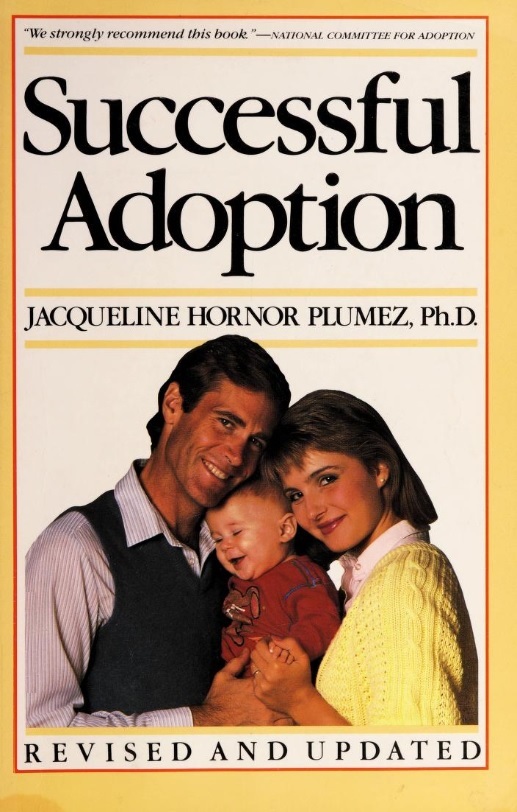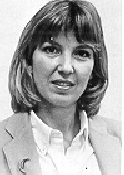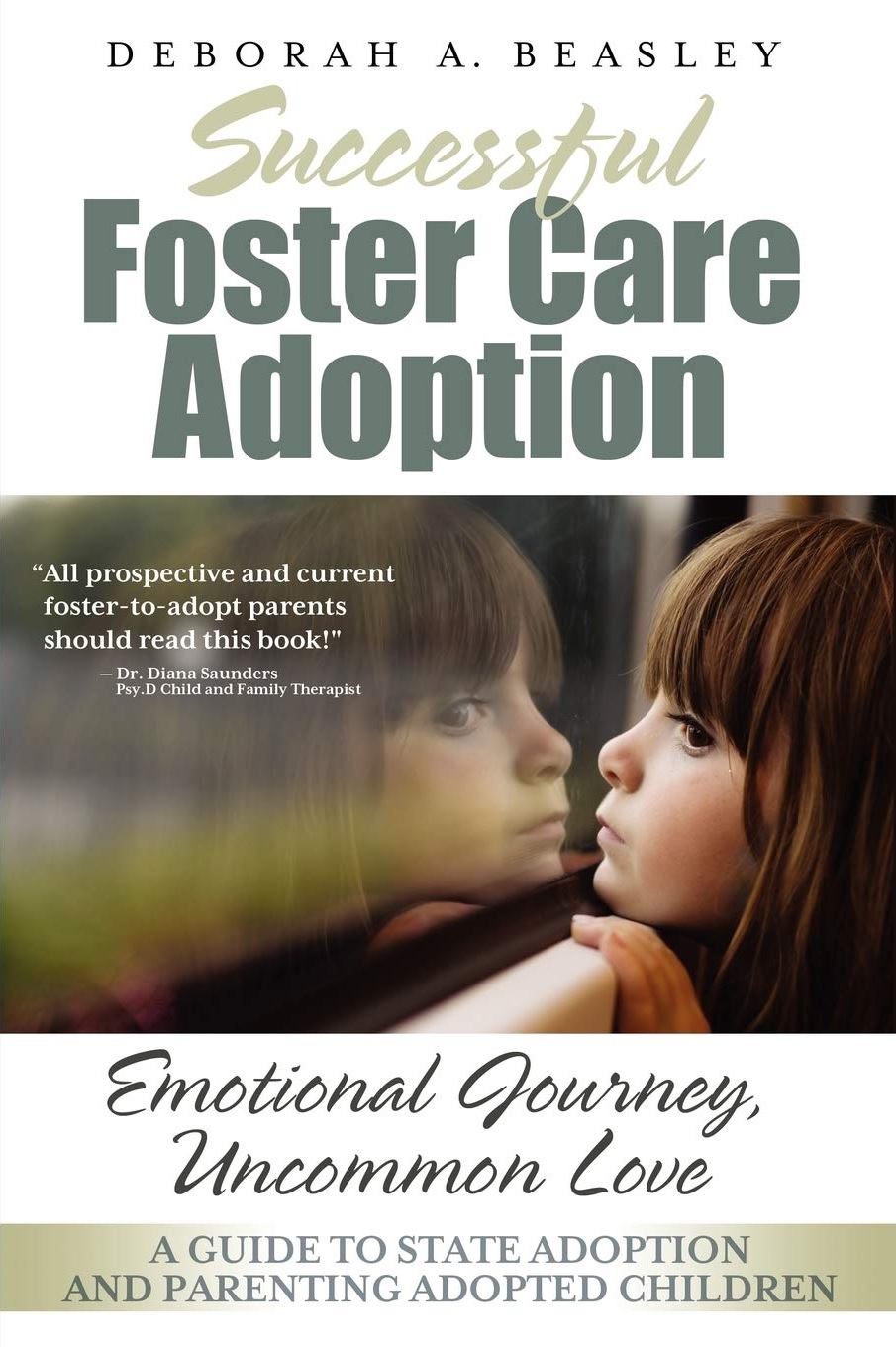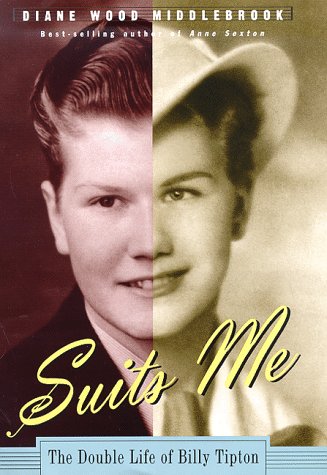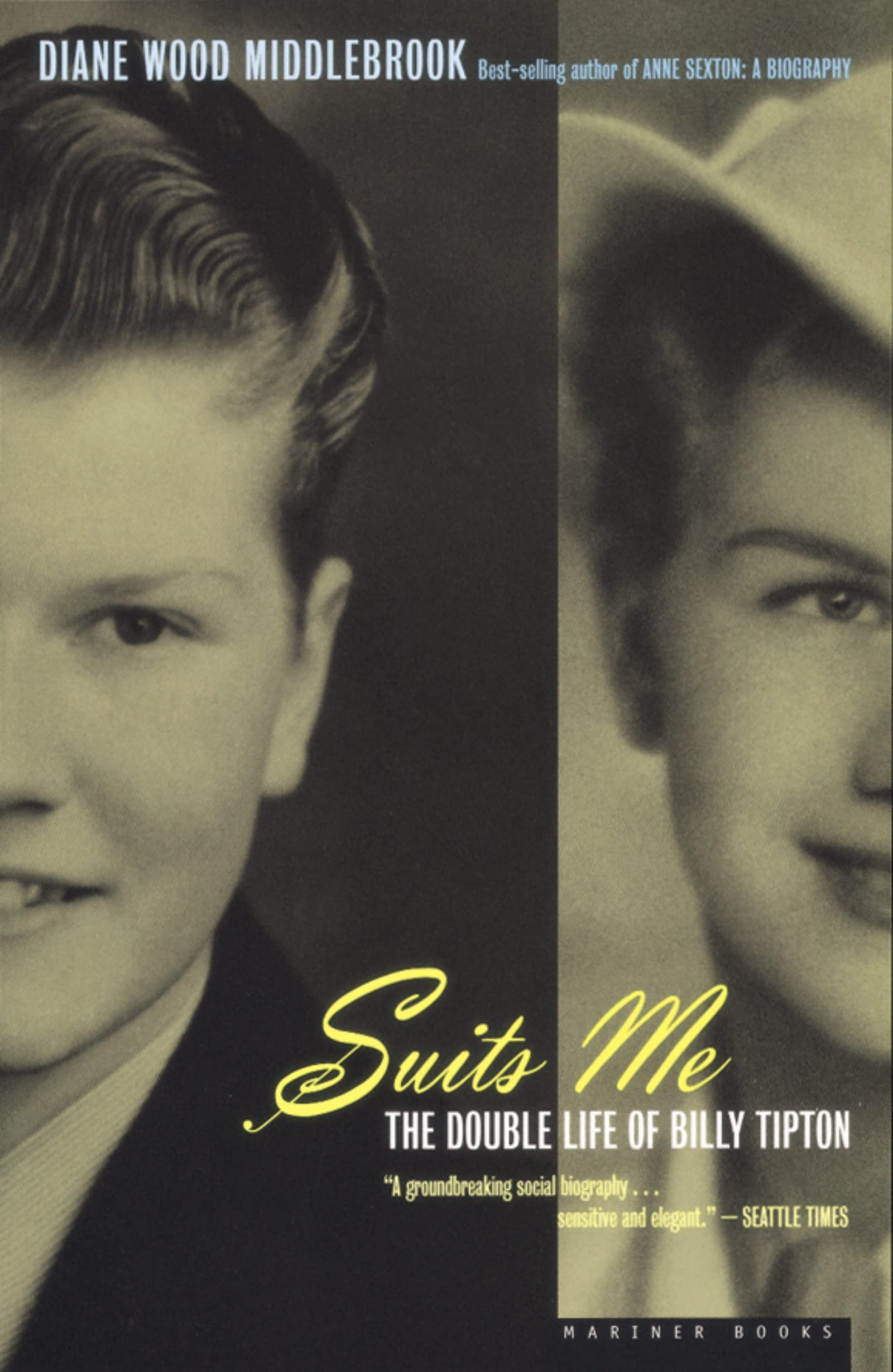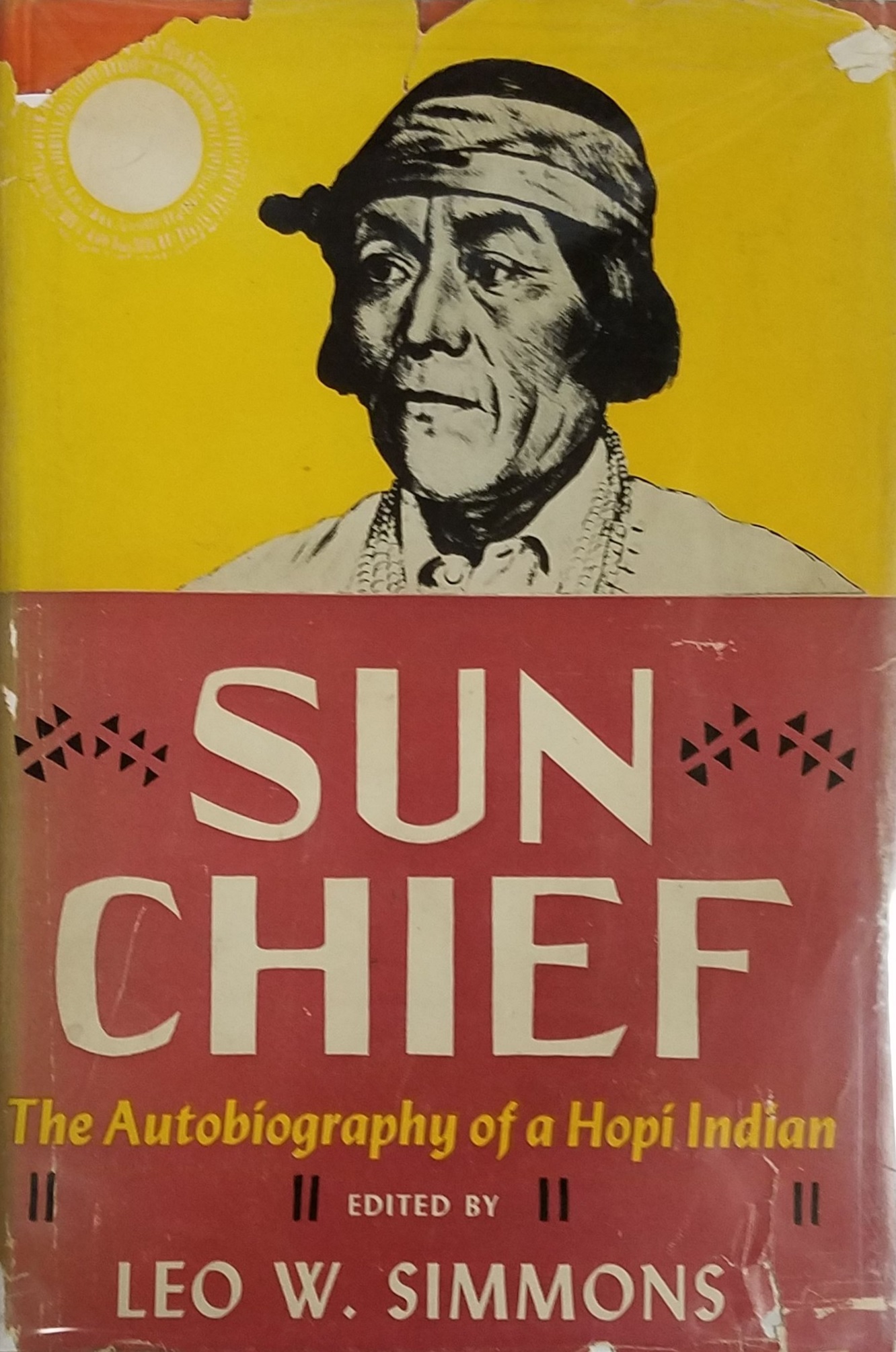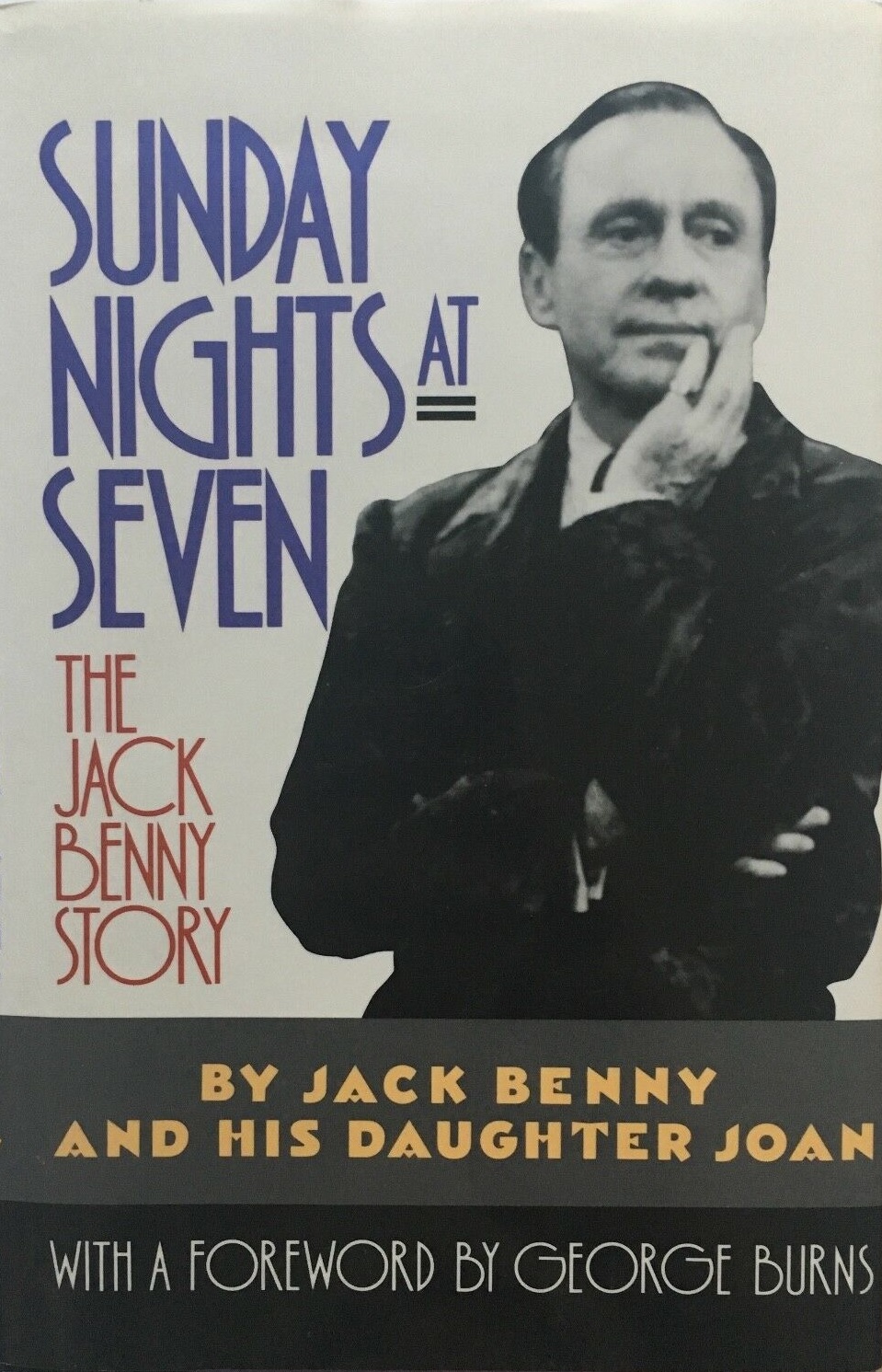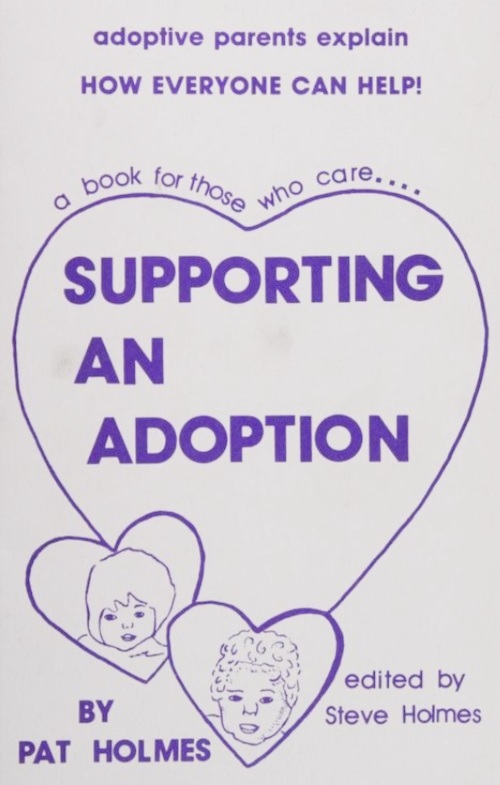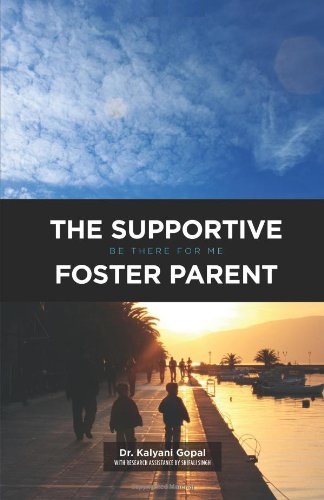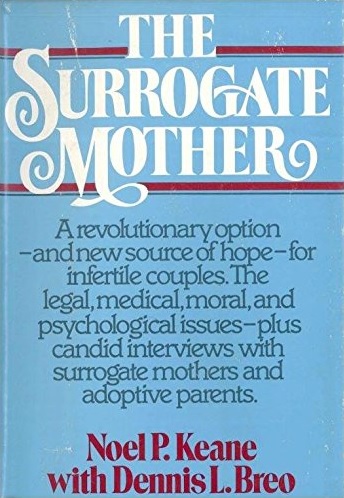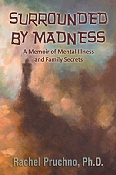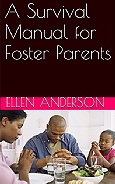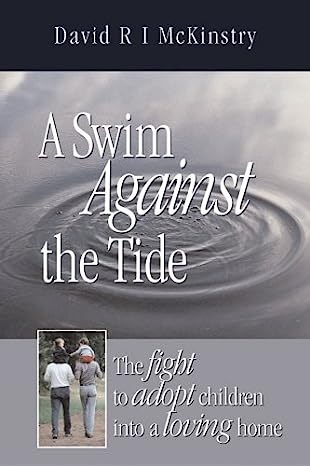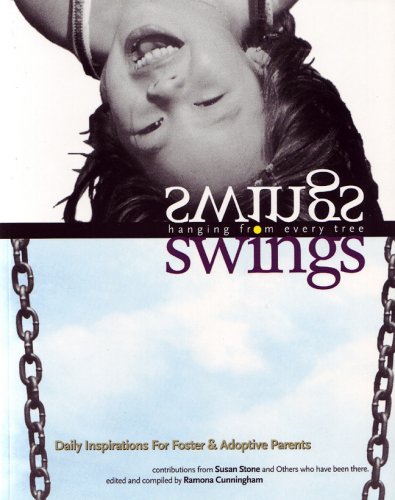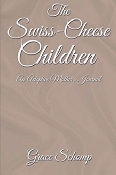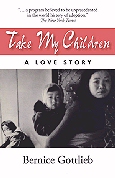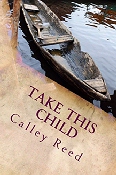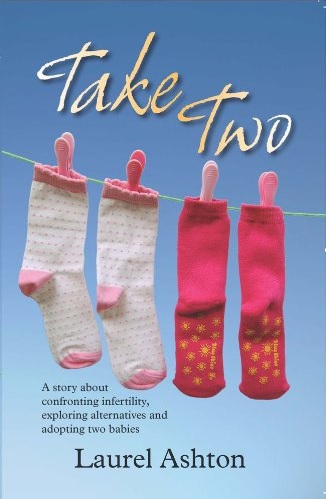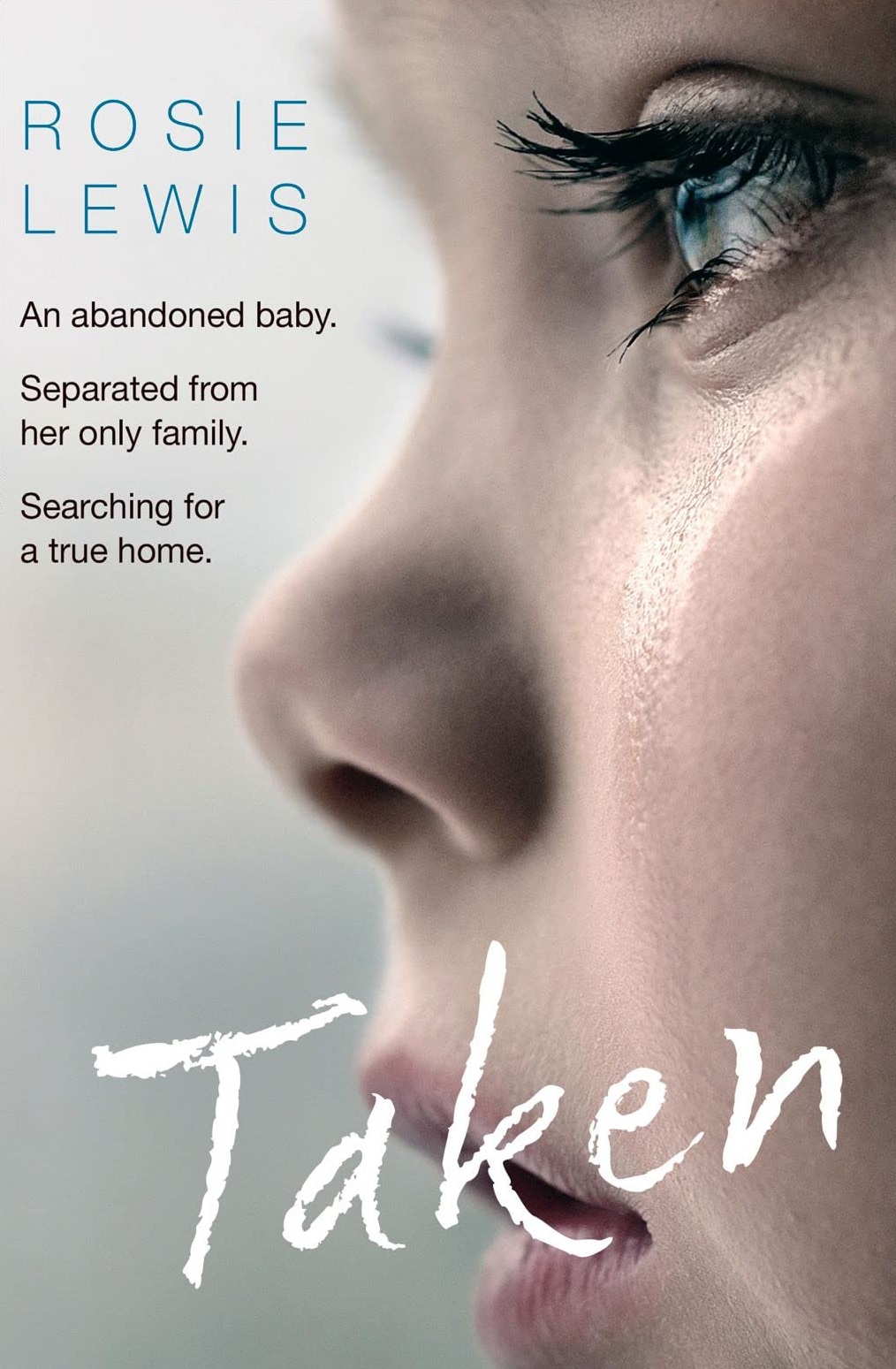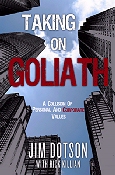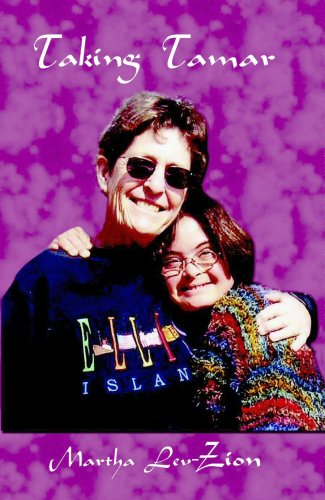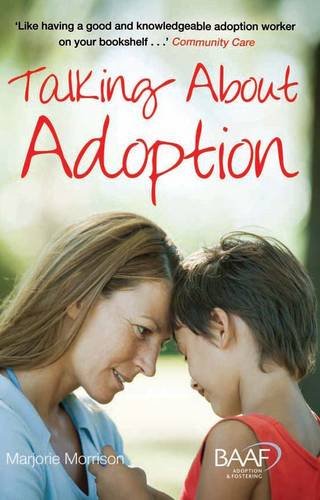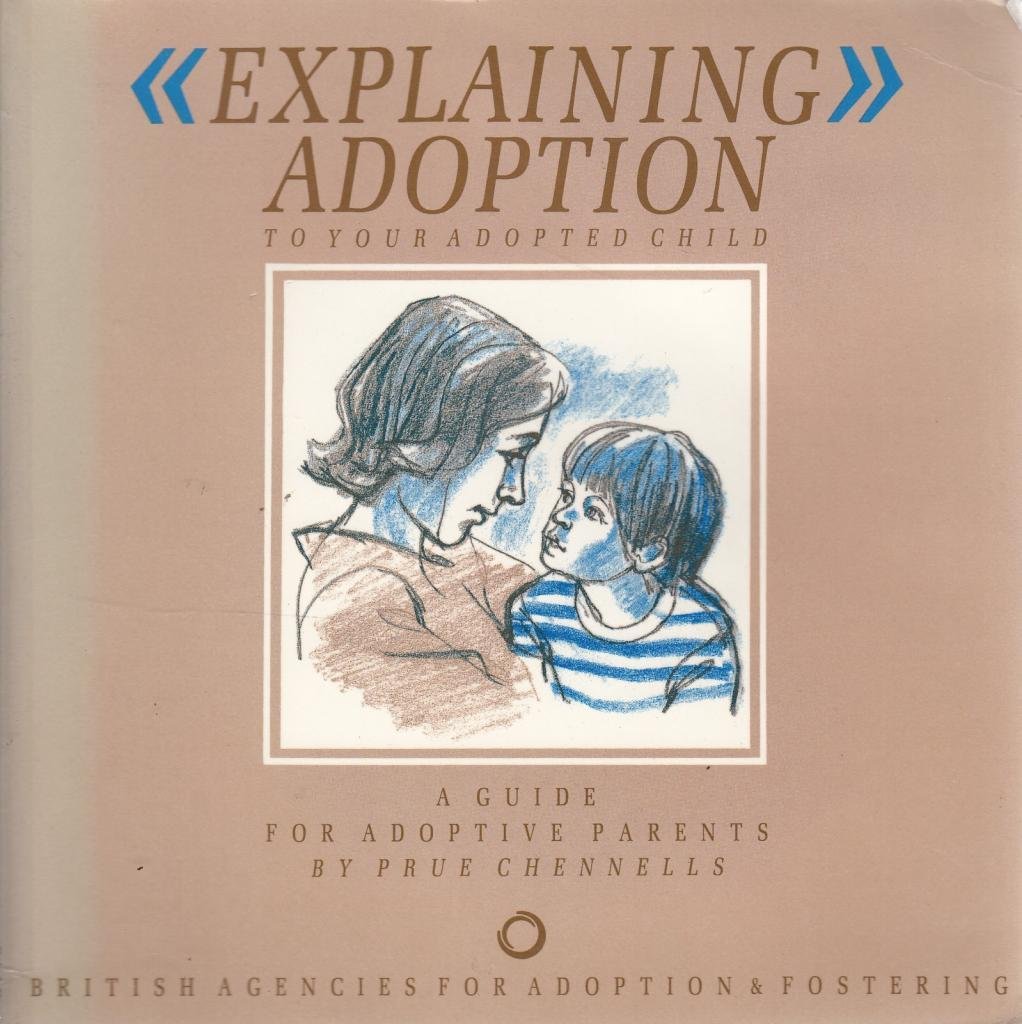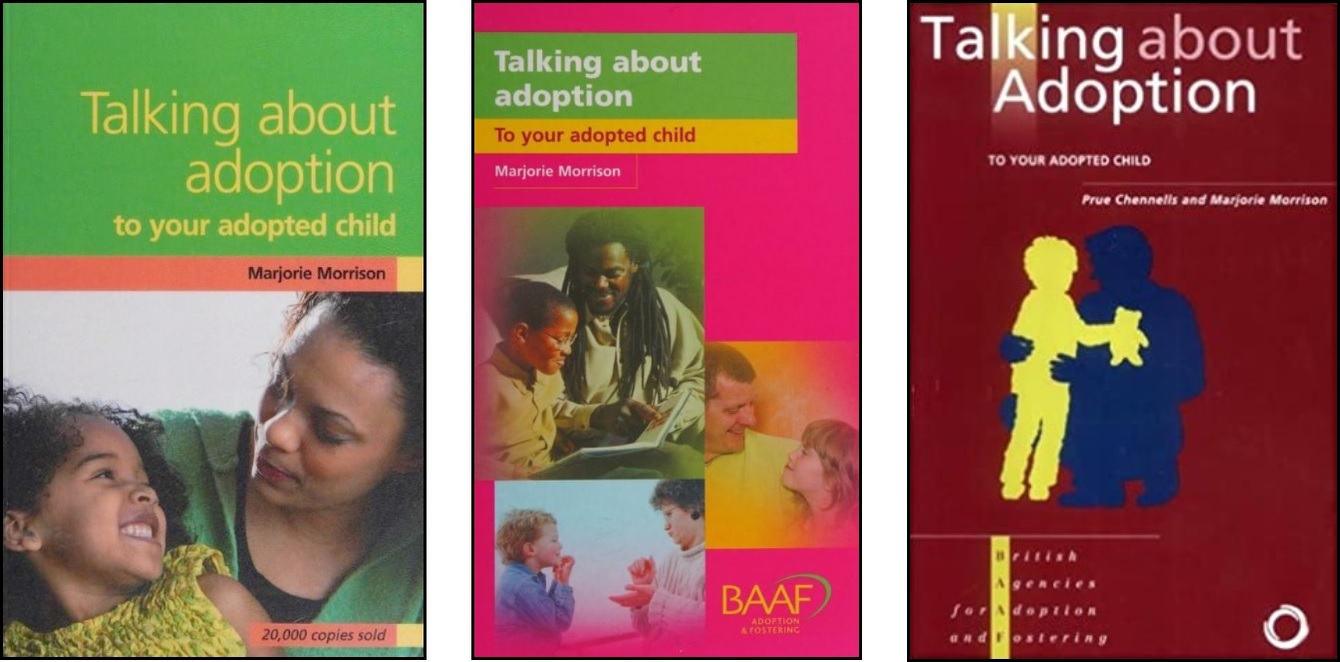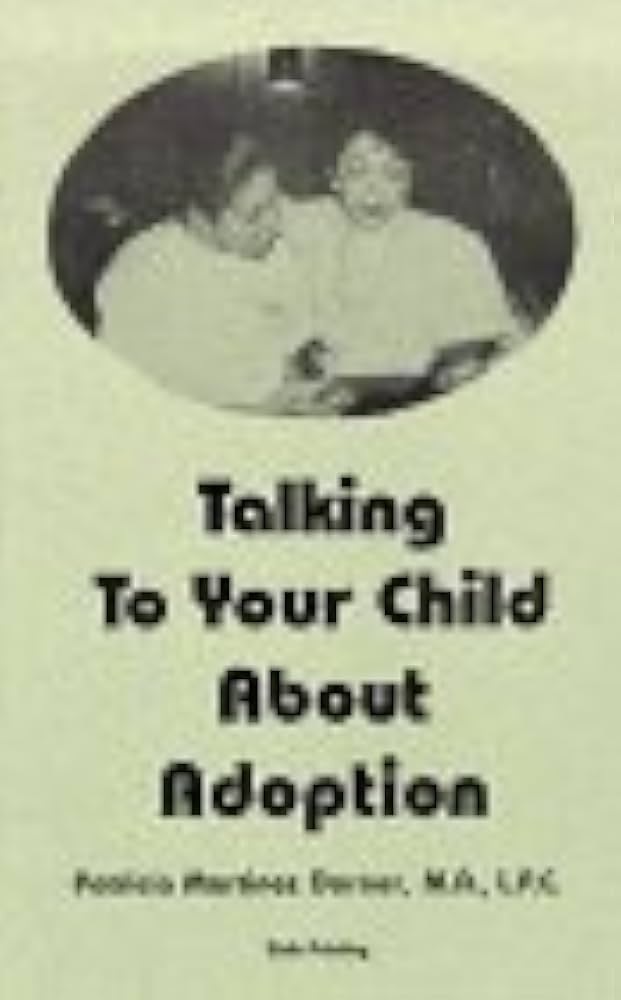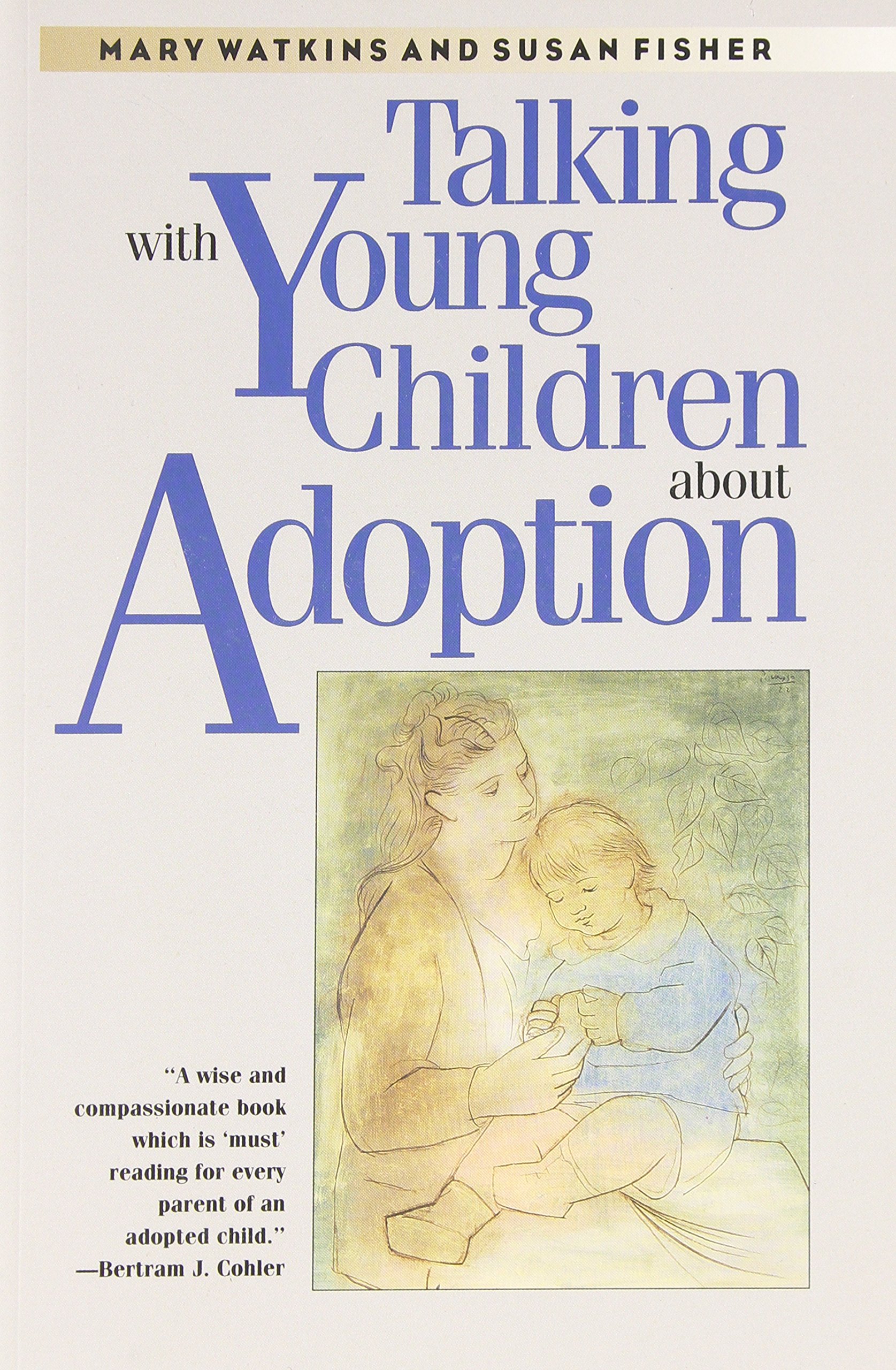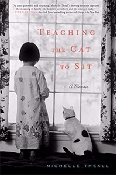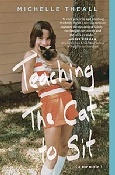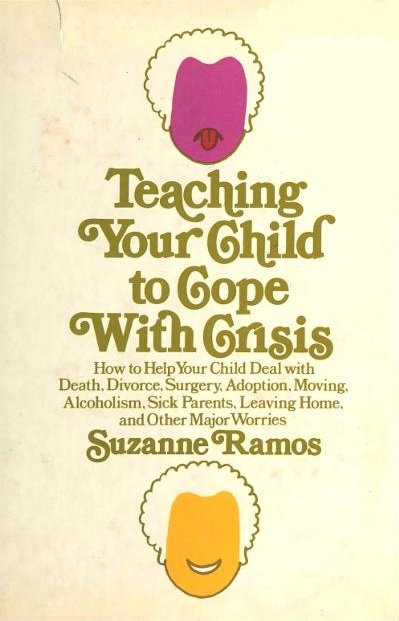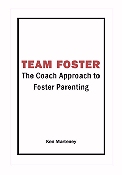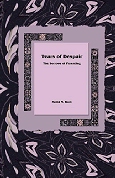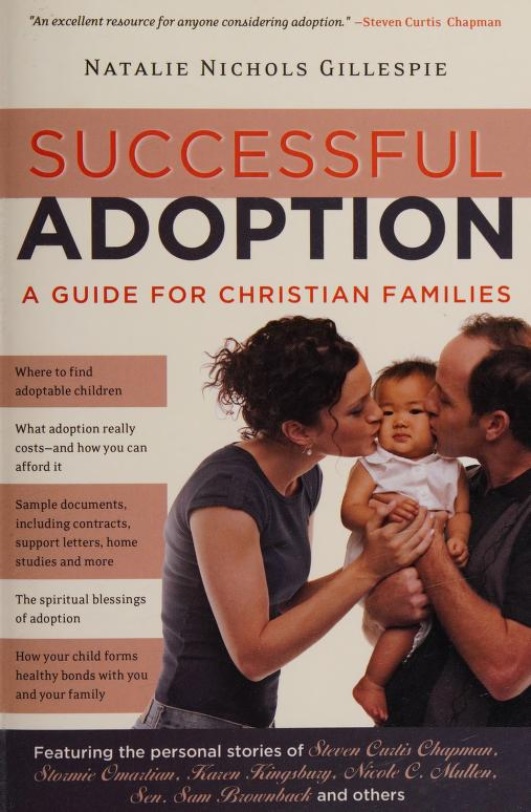 |
|
 |
Do you feel like God is calling you to expand your family through adoption? Have you thought about adopting, but the process seemed too overwhelming and expensive? In Successful Adoption: A Guide for Christian Families, veteran author and adoptive mom Natalie Nichols Gillespie walks you step-by-step through the process of adoption—from deciding whether adoption is the right choice for your family to working through your fears, choosing the right agency, preparing the paperwork, and bringing your child home. Find out what blessings God brings to adoptive families, and learn the ins-and-outs of domestic and international adoption. Inside these pages, you’ll discover all this and much more:
• How much adoption costs and how the IRS will help you pay for it
• What questions to ask to find an agency or attorney you can trust
• Where the adoptable children are
• What paperwork has to be done and how you get started
• How long it really takes before you can bring your child home
• What the differences are between domestic and international adoption
• How you can help orphans at home and around the world, even if you are not adopting
About the Author: Natalie Nichols Gillespie is the mom and stepmom of seven, including Amberlie Joy FuShuang Gillespie, adopted from Chongqing, China in 2006. She enjoys writing practical books such as The Stepfamily Survival Guide and Five-Star Living on a Two-Star Budget to equip families. Natalie lives with her family in beautiful Weeki Wachee, Florida.
